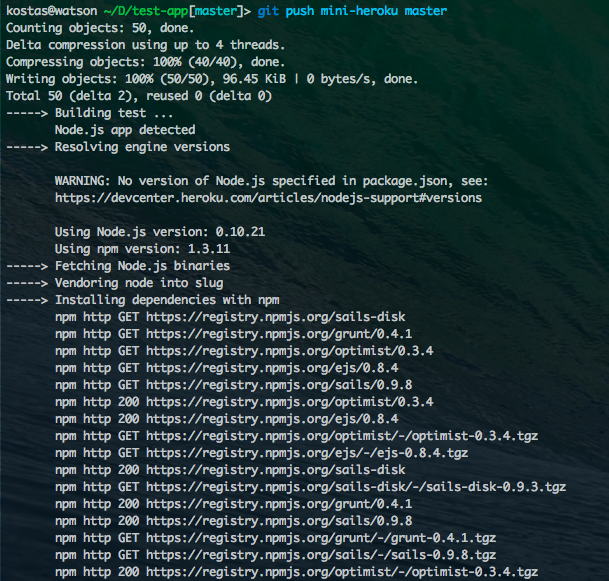Into the Core…OS

At some point in March I received an email stating that I had roughly $40 in DigitalOcean (referral link – get $10 credit!) credit which was going to expire on the first of May. I wanted to do something cool, learn new things, and leverage a large portion of my remaining credits.
My initial plan was to spin up a CoreOS cluster, as it is something that I have had my eye on. Once running I would get Kubernetes running for management/orchestration of deployed applications. During this journey I learned a lot of new things, had a lot of fun, and even got a cool cluster running. However, I never made it to the end goal of Kubernetes in time for my presentation (and this post). Looking back, I don’t consider this to be defeat: I learned a lot of new concepts along the way. I can be certain that I will leverage and use that knowledge in the future too!



